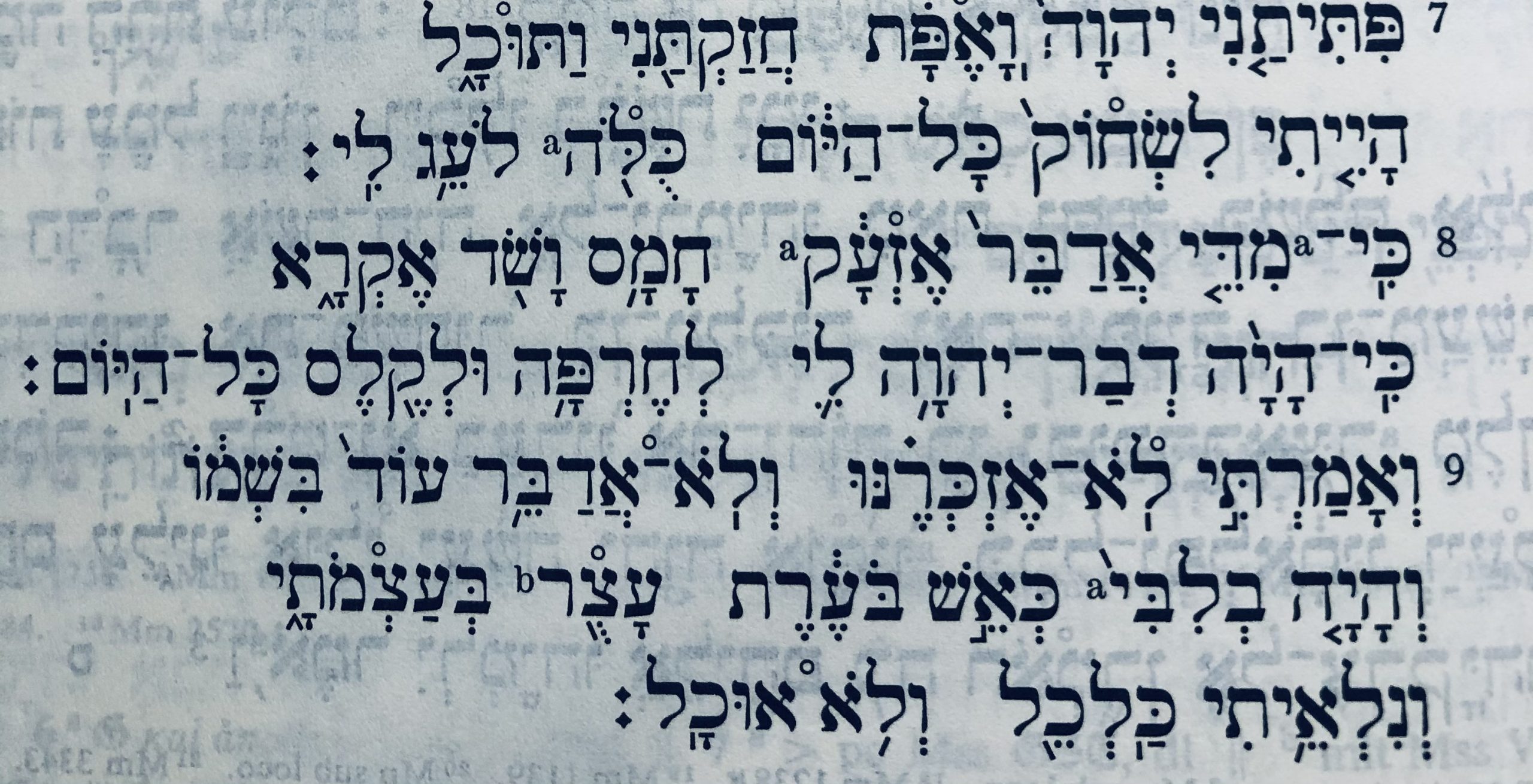You’re not truly reading Scripture until you allow Scripture to read you.
Do you allow the Bible to question your beliefs or do you read it in such a way that it always agrees with you? Do you simply treat the Bible as your personal answer book—a cache of weaponry you can deploy to support your assumptions and nuke your neighbor in the process?
Don’t get me wrong: There are lots of good answers in the Bible, and it’s never a bad idea to run to Scripture with your questions. The Bible is an answer book. But don’t forget the other side of the coin: The Bible is also a book of questions. Scripture should be allowed to pose questions back to you as well. When you read your Bible, you should be open to pushback and critique and examination. You must always be open to the invitation to put your assumptions to the test and be willing to have your prior assumptions questioned. In this sense, there is no room for narrow-minded fundamentalism. Openness to the other is key. This type of reading happens best in a healthy community, where perspectives live naturally and unity (not uniformity!) is the goal. Venture out of your individualism occasionally. Iron sharpens iron. Read broadly.
Reading Scripture is, perhaps, similar to talking with a friend about an important issue: each dialogue partner poses questions to the other, and each responds with answers. When there’s transparency and truth on both sides of the conversation, you’ll find understanding. That’s how relationships work. That’s hermeneutics.
There’s truth and transparency in Scripture; is there truth and transparency in you? Honesty before God and self is the best way to read Scripture. It’s also more than a tad risky. Discipleship isn’t easy, after all. But it is liberating.
All to say: read your Bible today. And be read by your Bible, too!
